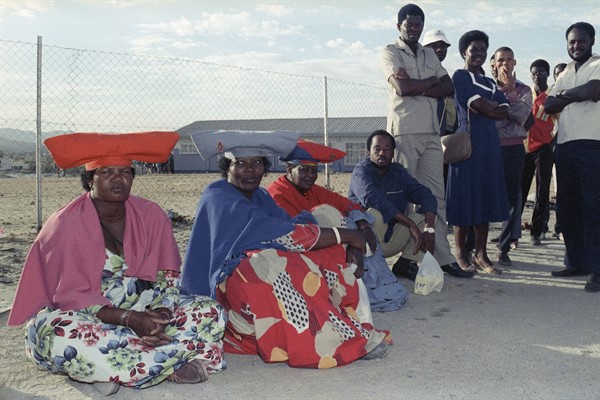A decade ago, while researching a book about Chinese migration to Africa, I made an extended stay in Namibia, then one of a small number of African countries I had never visited in a lifetime of writing about the continent.
To get to know the place as well as I could, I rented a car and drove with my brother, James, throughout much of the country, a land more than twice the size of Germany. The reference here is appropriate, because it was Germany, a relative latecomer to European imperialism in Africa, that colonized Namibia toward the close of the 19th century.
One route took us far to the north, all the way to the border with Angola, but it was two other trajectories—first west and then east of the capital, Windhoek—that connected us with the terrible but little-discussed history of this country, once known as Southwest Africa, as the site of the first genocide of the 20th century.

